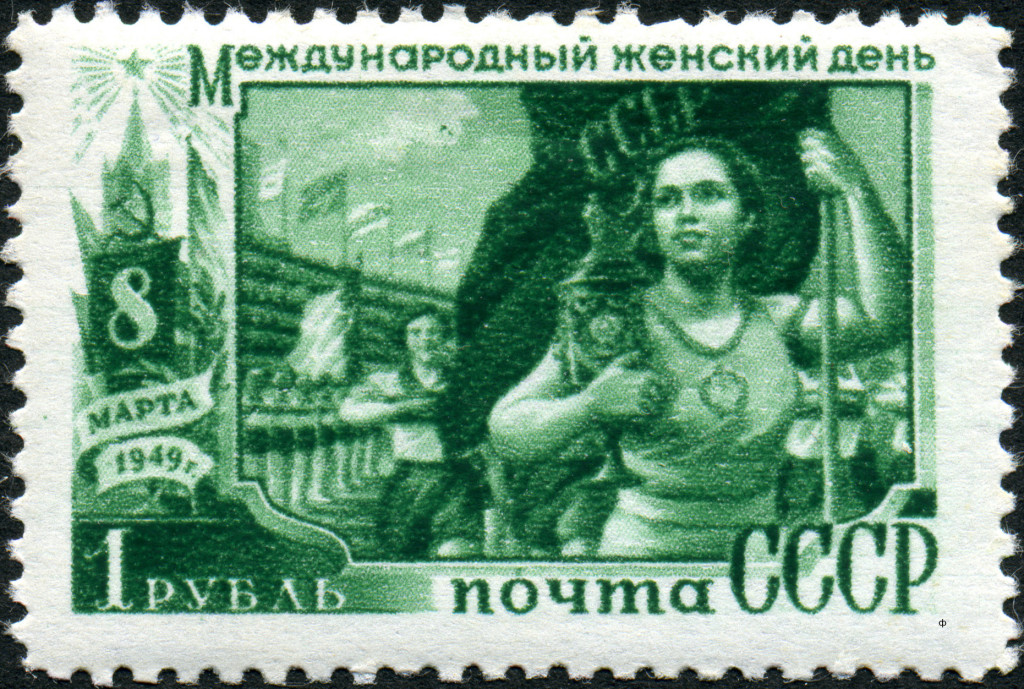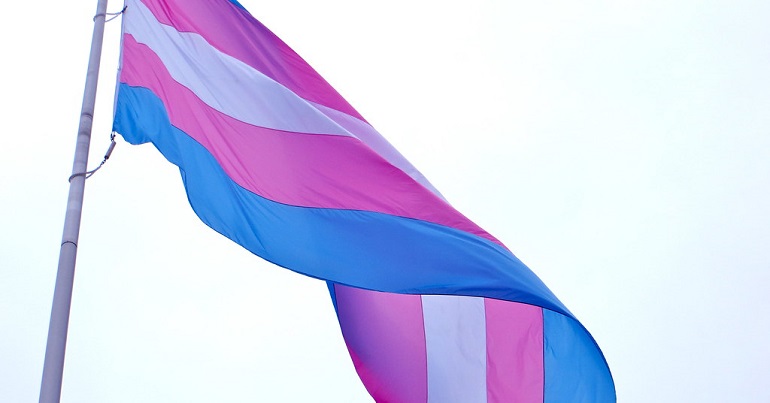International Women’s Day: the one day in the year to celebrate women

Jemima Luanga, chair of Young Green Women of Colour, shares what International Women’s Day, celebrated every year on 8th March, means to her:
International Women’s Day is the one day out of 365 in the year dedicated to celebration of the social, economic, cultural and political achievement of women.
We celebrate the rights that women have gained over the many years of struggling against the patriarchy, including the right to vote gained through the suffragette movement, women’s rights in the workplace and the right to treat our bodies as we wish (a modern day struggle indeed).
As a woman, I feel that men shouldn’t get upset that women have their own day of celebration. In the past women have been at the mercy of men and in many cases still are. Surely one day is not a big thing to ask.
The Charter of the United Nations, signed in 1945, was the first international agreement to affirm the principle of equality between women and men. That was 71 years ago. I think it’s fair to say that while we’ve made progress we still have a long way to go.
Even in the most developed countries misogyny still exists and sexism is rife. One day I have faith that women will be held in the same regard as me, and that’s what International Women’s Day is about.
When I say equality, I mean all women – not just heterosexual and able bodied white women – because unfortunately some people forget that the word “women” includes a variety of people. For example, non-cisgender women can be forgotten in a sea of women who were lucky enough to be born in a body they identify with. Non-cisgender women are marginalised groups requiring further acceptance and equality within society, including all-important representation. More needs to be done on their behalf because, yes, they are also women! International Women’s Day is for them too.
International Women’s Day is also a time to remember that women are being victimised and demonised all around the world. Our hearts must go out to those women and our minds must join together in order to combat it. We must remember that the way BME women, neurodiverse women and LGBTQIA+ women experience sexism and inequality will be different to how straight heterosexual, white women will and that shouldn’t be something we shy away from but instead try to change and talk about.
I see women who criticise other women on a daily basis and misogynist women isn’t often talked about, but, yes, women can be hateful to other women. Body shaming is the worst example of this. Women should be proud of their bodies and not have to fear not only men but other women making underhanded and cruel remarks. We shouldn’t shame anyone for loving themselves or their bodies because it’s rare and we should praise it! We should also respect a person’s decision not to show their body. Modesty and immodesty are equally empowering to different women!
“Slut shaming” or “virgin shaming” is another thing we need to combat in our society, and International Women’s Day, where the empowerment of women is celebrated, is as good a day as any. “Slut shaming” is degrading a woman based on having numerous sexual partners and “virgin shaming” is degrading women who have had none or very few. It seems girls can’t win either way: we’ll be criticised whatever we choose to do. this is not OK! We must call people out who do this because it’s no one’s business but the person’s own.
Feminism is our movement: one that strives for equality for women and something we should all be a part of today. Sexism is something we all must shun. International Women’s Day is the best day in the whole year, because it helps us realise this not only by looking back at history but looking to our future.




Leave a Reply